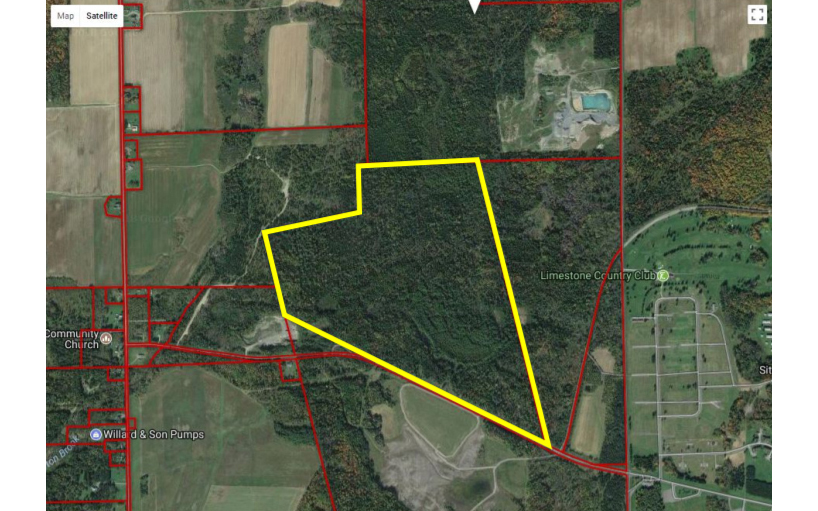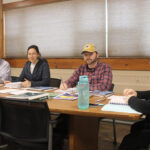
CARIBOU, Maine — The University of Maine at Presque Isle is considering selling 177 acres of land they have owned in Caribou since the 1970s. Since the deed includes Caribou’s right of first refusal on the property, Caribou City Council briefly discussed the possibility of purchasing the land during a recent meeting.
Deputy Mayor Nicole Cote, who acted as mayor during the Feb. 12 meeting in David Martin’s absence, told councilors that the land is 95 percent forested with direct access to the Nebraska Road, and that it is situated between two mineral extraction operations “and other properties owned by the United States government.”
City Manager Dennis Marker said this topic is “for discussion only,” and that no action will be taken.
“We were contacted last week by UMPI,’ he said, “They have to offer the land to the city first. [The sale would be] quite a ways out, and it’s a question to council as something to consider.”
Marker said the university is looking at the possible sale as a good opportunity to put 177 acres of land back on the city’s tax roll, and asked councilors if they felt it was of interest to Caribou.
Christopher Bell, of UMPI’s Student Financial Services Department, said Feb. 21 that the land is not currently for sale, but that school officials are “working toward putting it back on the market.”
“We’ve been looking at some of our inventory over the last couple years,” he said, “and what is being utilized for educational purposes. We’ve sold a number of properties recently that were not being used for education, and we figured it was time to put [the 177 acre property] back on the tax rolls.”
UMPI initially obtained the property from the Department of Defense in the 1970s, and Bell said the land was used by environmental biology students.
Currently, the school does not have permission to sell the land, and Bell said the process of getting to that point is “fairly significant.”
“The city [of Caribou] is involved from the perspective that there was a provision in the deed that allows them the right of first refusal, which is why I reached out to the city manager and let him know that we’re looking at this.”
Councilor Phil McDonough asked during the Feb. 12 meeting if there was a “price tag” associated with the land, and Marker indicated that the University has not named a price at this time.
Caribou resident Wilfred Martin expressed concern about liabilities associated with the land.
“Isn’t there a pollution liability if the town accepts that property?” he asked. “There are signs all over that land.”
Cote said that, at this time, the city does not have any specific information about that aspect of the property.
“So you’re not going to do anything with it tonight,” Martin continued, “because the area is at risk?”
Cote confirmed that council is just discussing the possibility of purchasing the land, and councilor Hugh Kirkpatrick agreed with Martin, saying that “whoever buys the land would want to look into that.”
Looking ahead, the steps that lead to putting the land up for sale, according to Bell, include having the land value assessed, and going before the Board of Trustees for permission to put the land on the market.
“If we’re going to act on this, I would like to move within a couple of months,” Bell said. “Although sometimes these things can move very slowly and not by design, but by the nature of the beast. Certain things have to get done, and timing is everything.”




